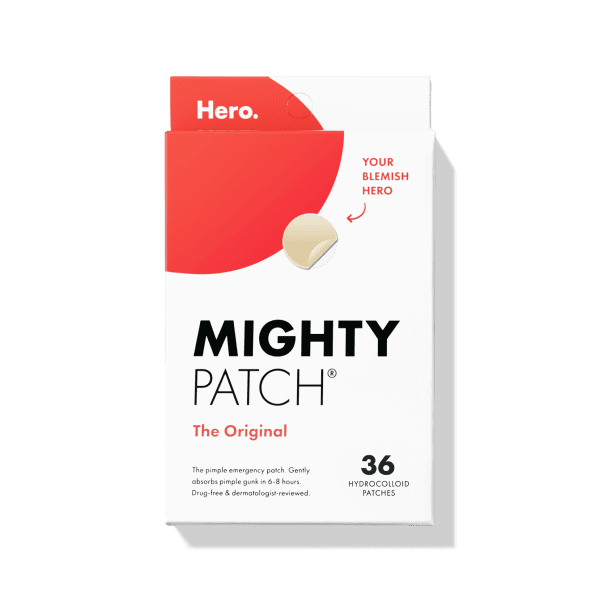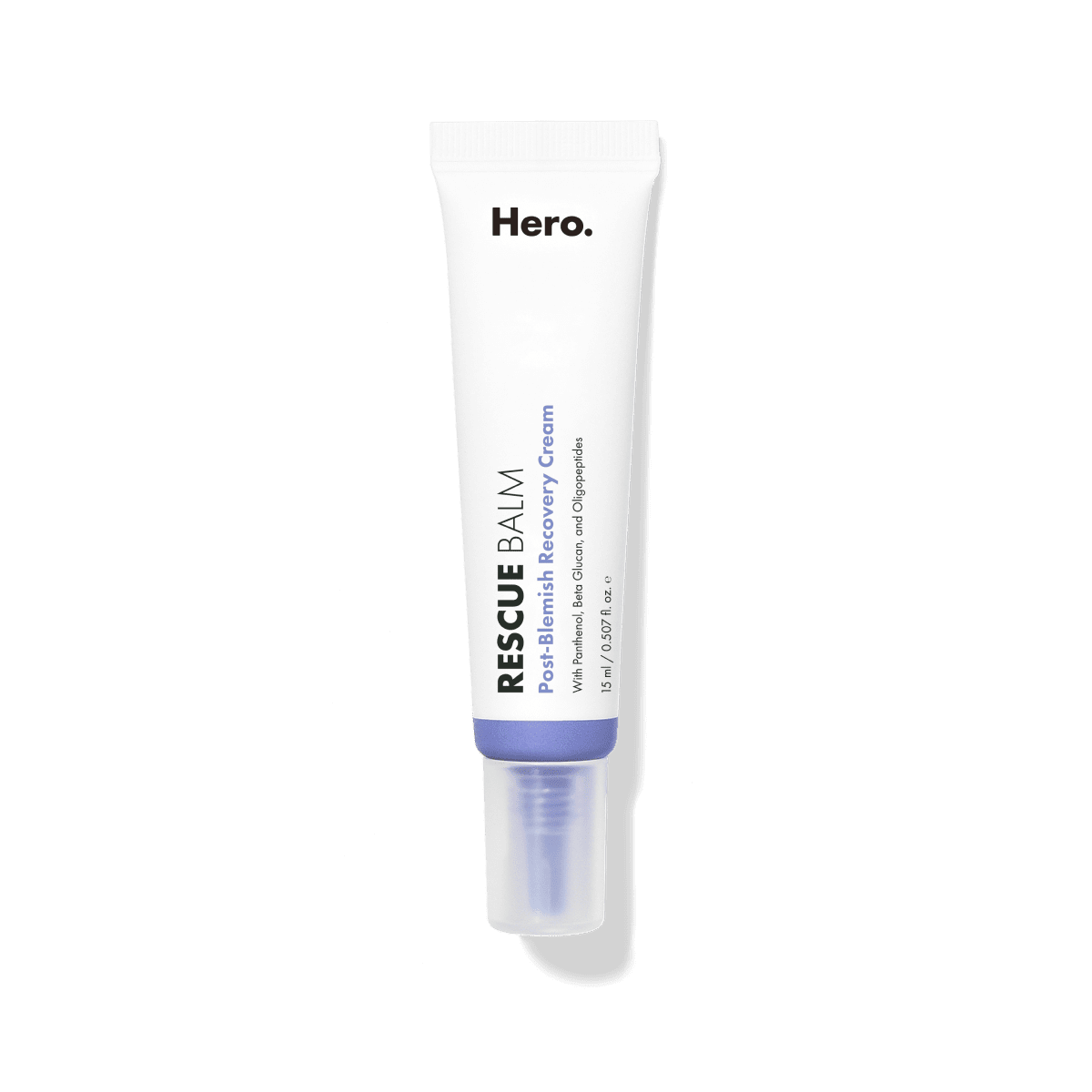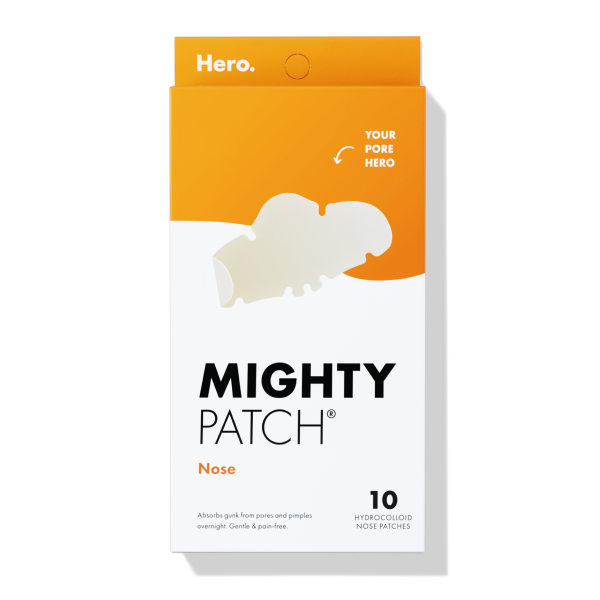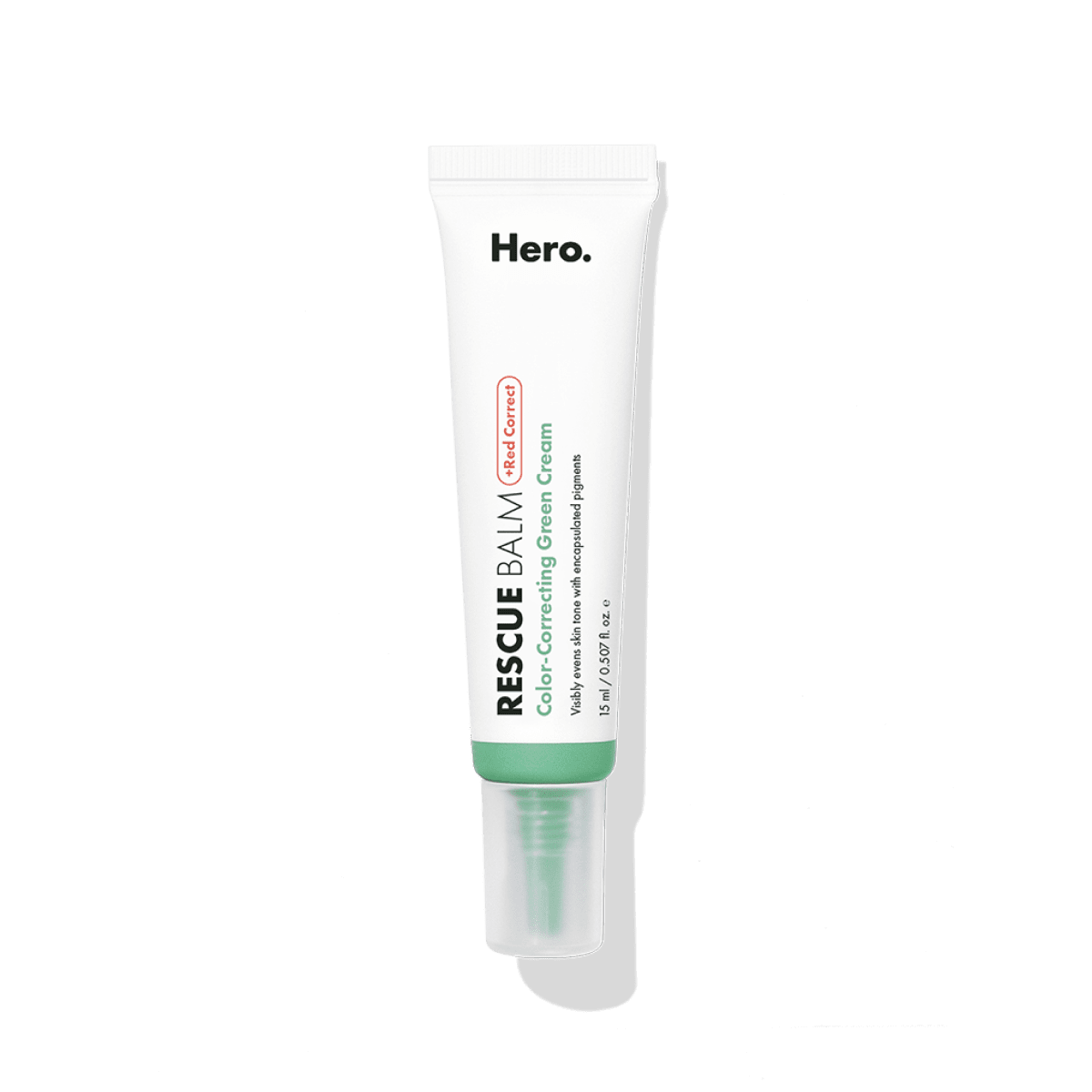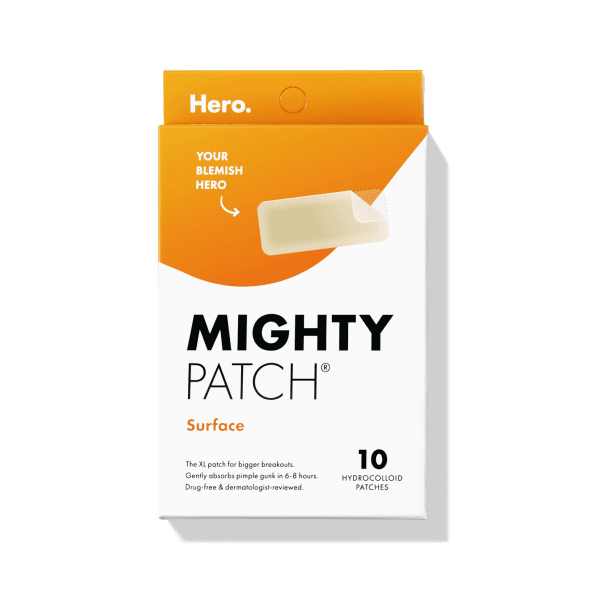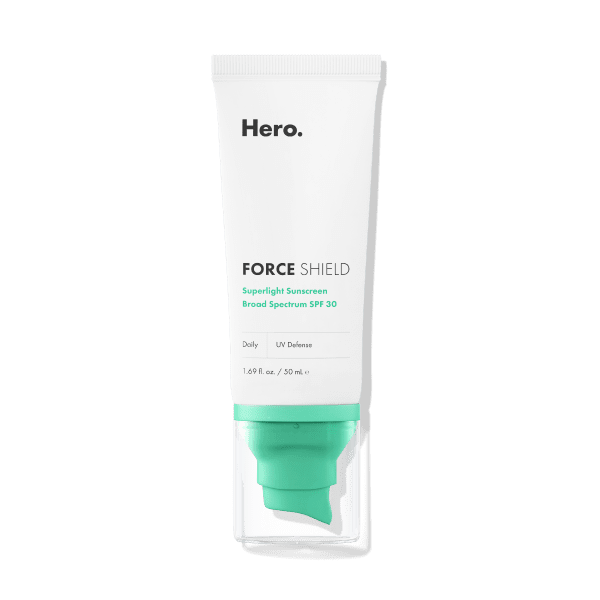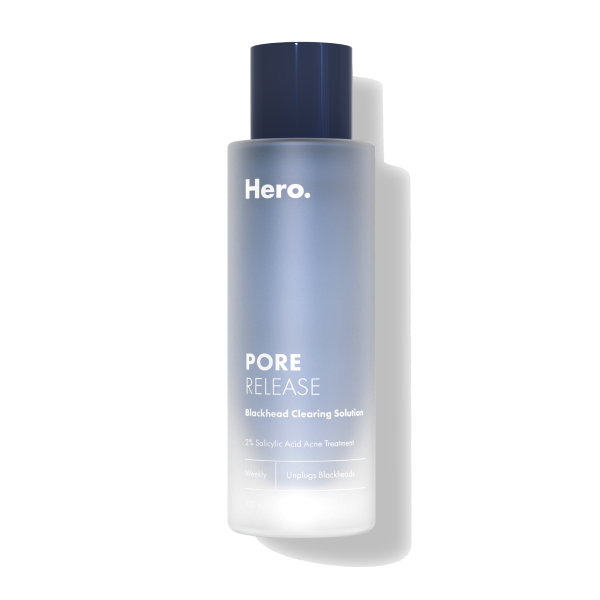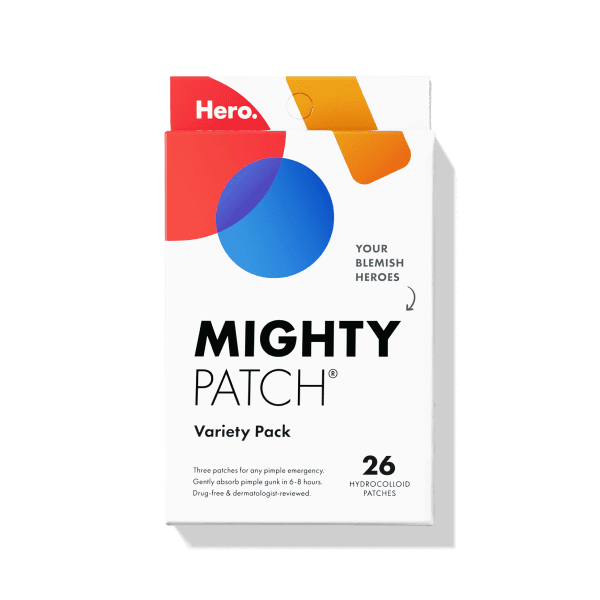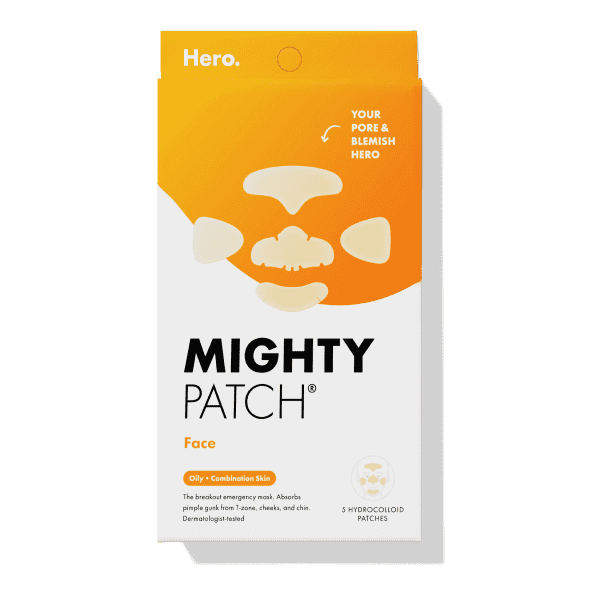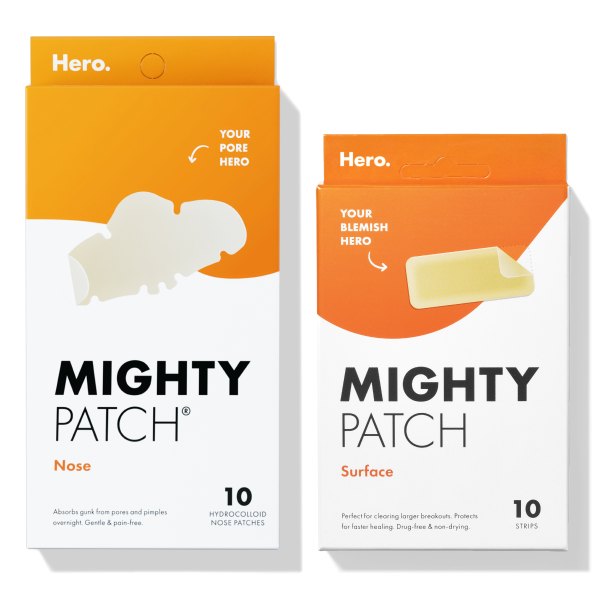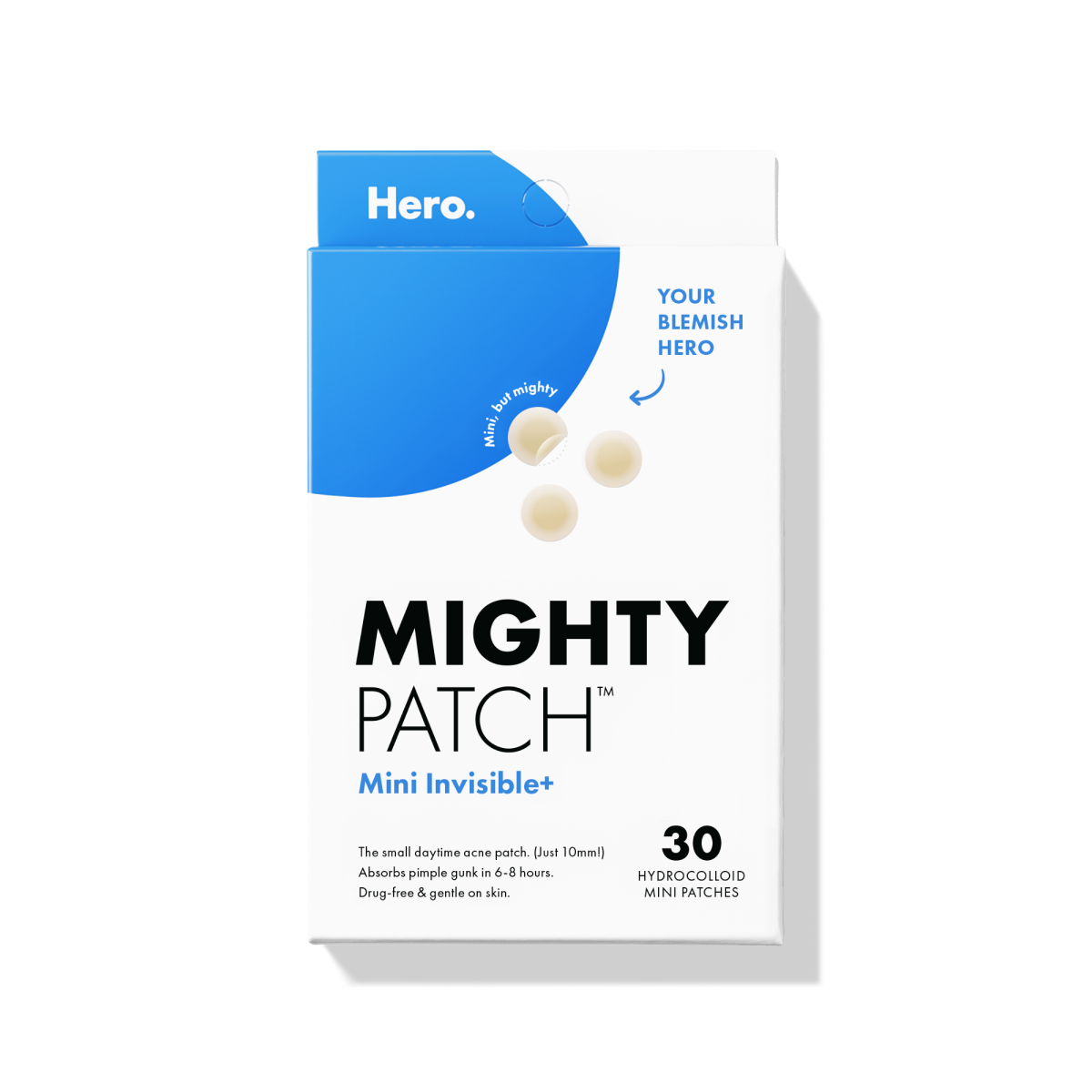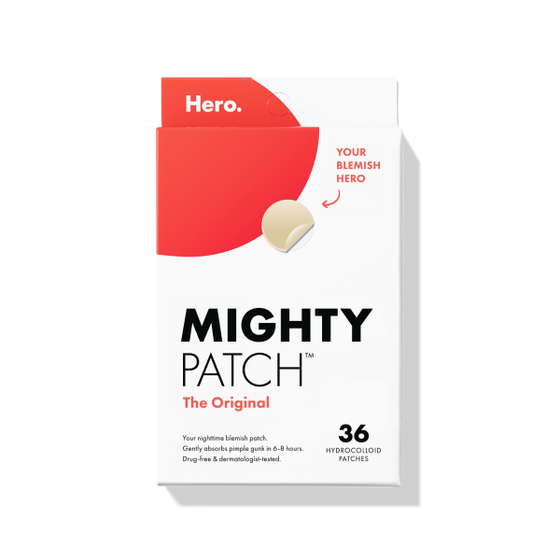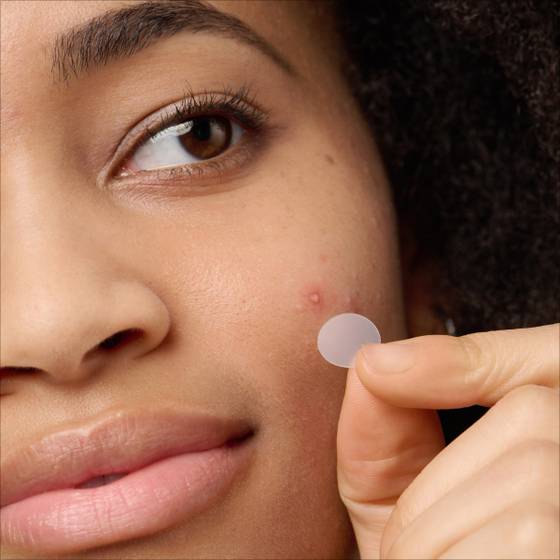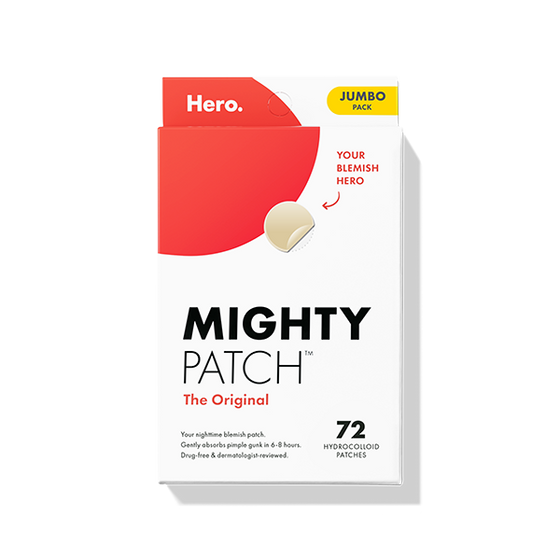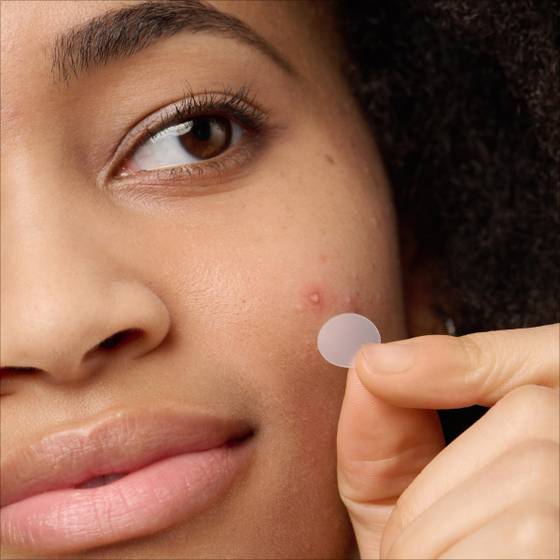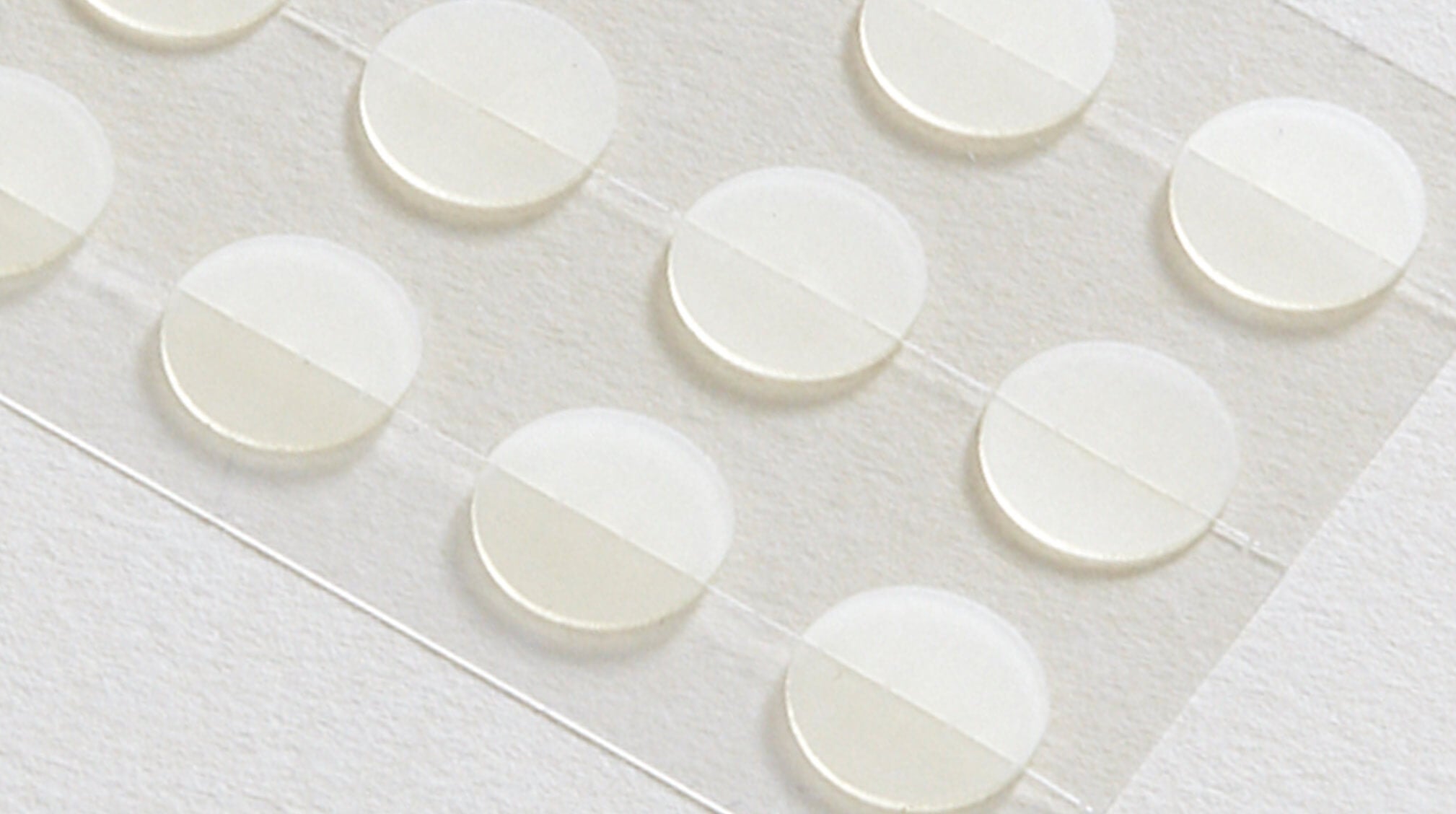
Mighty Patch is made of hydrocolloid but what is hydrocolloid exactly and how did it become used for acne? First, here's a little history:
Hydrocolloid was originally made to be a bandage for wounds
Caring for wounds actually began long ago during the Egyptian times where they would use grease-soaked gauze. However, over time medical technological advances brought forth moist wound healing products. This moist (I know, I know, we all hate that word) environment was important because if you used dry gauze on a wound, the wound would dry out and the gauze would stick to the wound when removed sometimes causing more damage.
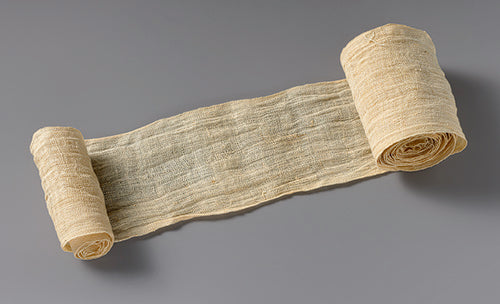
Hydrocolloid was created in the 1980’s to create a moist environment by allowing gelling agents (sometimes pectin or gelatin - Mighty Patch is not made with gelatin and therefore is vegan-friendly) to draw out the the pus and fluid inside the wounds and suspend them on the bandage.
This concept of moist wound healing started to hit a revolution in the late 1980s and early 1990s with a ton of products and scientific/clinical research. Amongst the medical community, it’s widely accepted that moist wound healing is much better than dry dressings.
Globally, Japan started widely using hydrocolloid dressings to care for the spike in bedsores and pressure ulcers they were seeing as their population started ageing. Their Ministry of Health, Labor & Welfare instituted penalties to hospitals that did not address these issues related to bedsores and coupled with insurance coverage of modern or moist environment wound dressings, the usage of hydrocolloid started to be more widespread.

Transition to Acne Patch
Somewhere along the line about 10-15 years ago, someone realized that this concept of a moist healing environment would work well for acne as well. If you think about it, acne and pimples are a kind of “wound” on the skin and can often contain fluid, ie, pus and other gunk from pimples.
Acne patches and hydrocolloid became popularized in Korea and Asia about 10 years ago, and it’s about time the US and other global markets were in on this little secret! The team at Hero Cosmetics is on a mission to educate and promote the use of hydrocolloid acne patches to the general public so that more people can take advantage of the effectiveness of our acne patches.
What is hydrocolloid made out of and is it really effective?
Hydrocolloid is made of gel forming agents like pectin or gelatin (most commonly used) that create a moist environment with the body to promote healing. It draws out the fluids and pus and then forms a soft gel. If you’ve used Mighty Patch before, you’ll notice this as the white stuff that gets sucked out! Gross!

There’s been one study on the effectiveness of hydrocolloid acne patches which showed that in the double-blind, randomized study, the group that used hydrocolloid acne patches saw a statistically significant greater reduction in the overall severity of acne and inflammation compared with the non-hydrocolloid group. Also interesting to note, using hydrocolloid acne patches resulted in a significantly greater improvement in the redness, oiliness, dark pigmentation, and sebum level at days 3, 5, and 7! How’s that for proof that it works!
Now, not all hydrocolloid acne patches are the same and in our next post we’ll explain more why. Stay tuned and leave us any questions below.
[[product-ad]]
